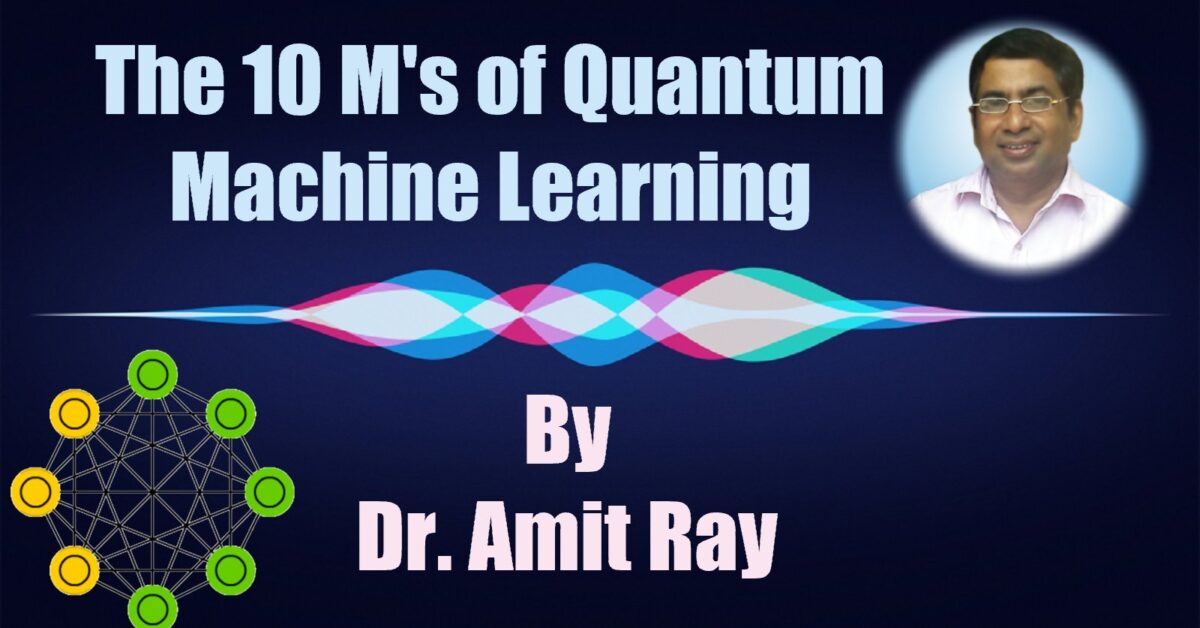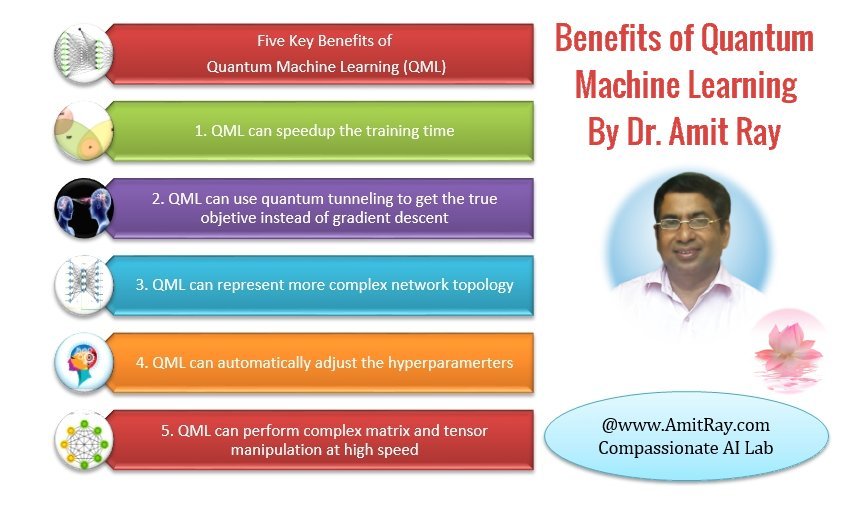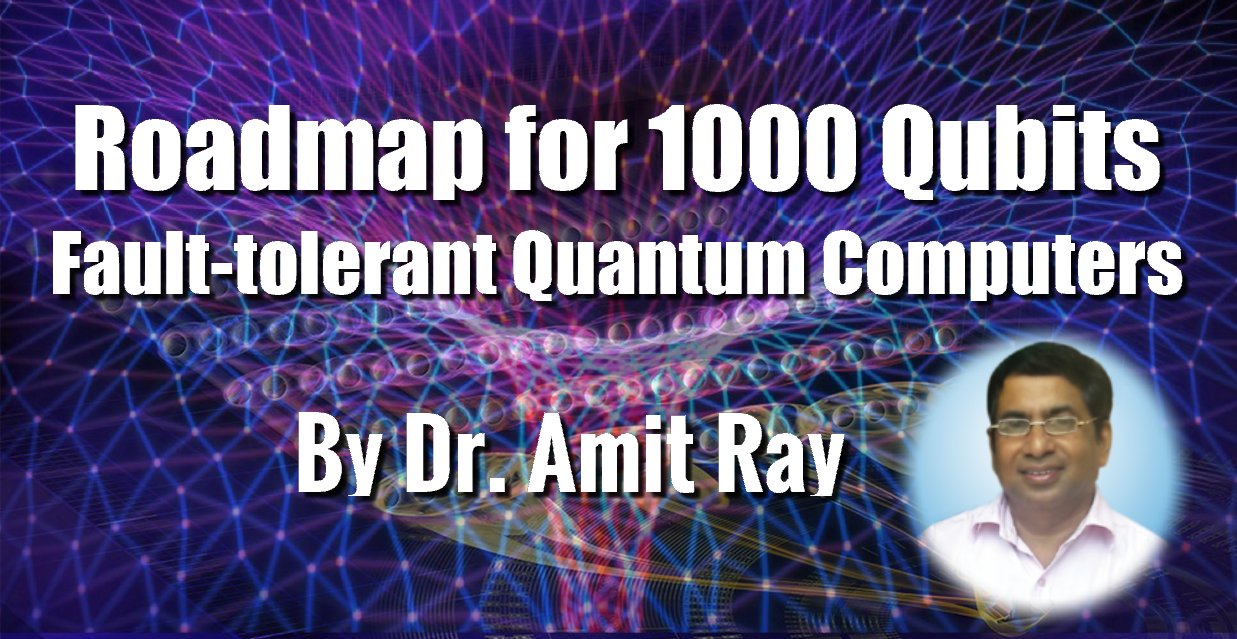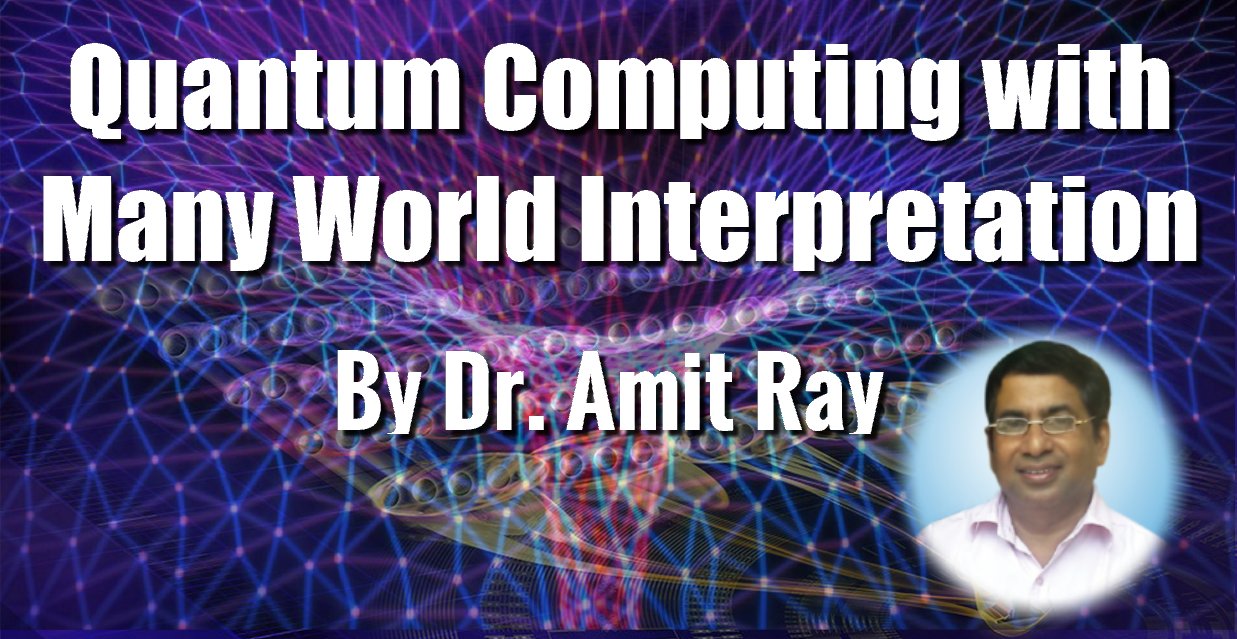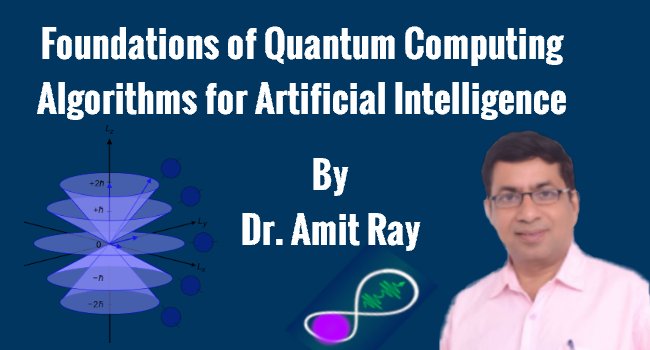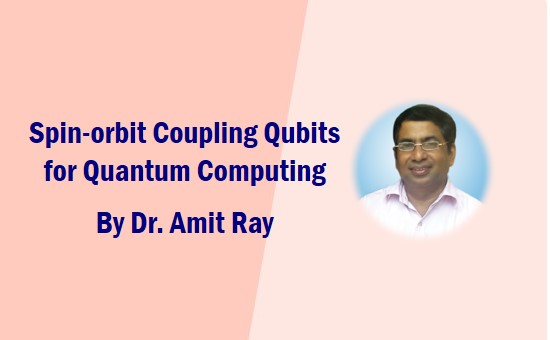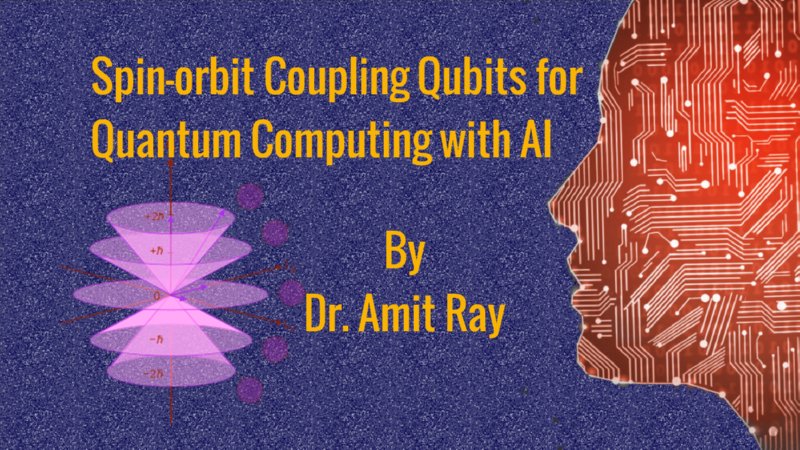Quantum Machine Learning The 10 Key Properties
The 10 Properties of Quantum Machine Learning
Dr. Amit Ray, Compassionate AI Lab
In this article, we discussed the 10 properties and characteristics of hybrid classical-quantum machine learning approaches for our Compassionate AI Lab projects. Quantum computers with the power of machine learning will disrupt every industry. They will change the way we live in this world and the way we fight diseases, care for old people and blind people, invent new medicines and new materials, and solve health, climate and social issues. Similar to the 10 V’s of big data we have identified 10 M’s of quantum machine learning (QML). These 10 properties of quantum machine learning can be argued, debated and fine tuned for further refinements.
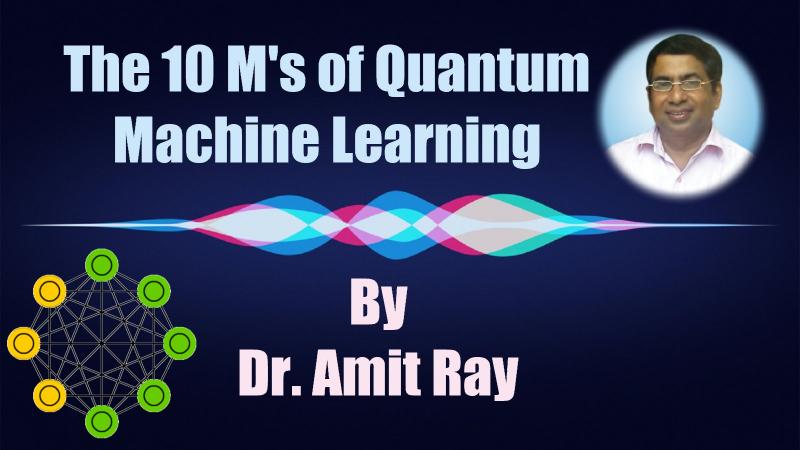
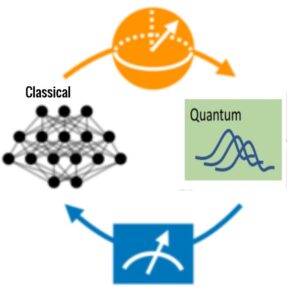
Hybrid Classical Quantum Machine Learning
The compassionate AI lab is currently developing a hybrid classical-quantum machine learning (HQML) framework – a quantum computing virtual plugin to build a bridge between the available quantum computing facilities with the classical machine learning software like Tensor flow, Scikit-learn, Keras, XGBoost, LightGBM, and cuDNN.
Presently the hybrid classical-quantum machine learning (HQML) framework includes the quantum learning algorithms like: Quantum Neural Networks, Quantum Boltzmann Machine, Quantum Principal Component Analysis, Quantum k-means algorithm, Quantum k-medians algorithm, Quantum Bayesian Networks and Quantum Support Vector Machines.
